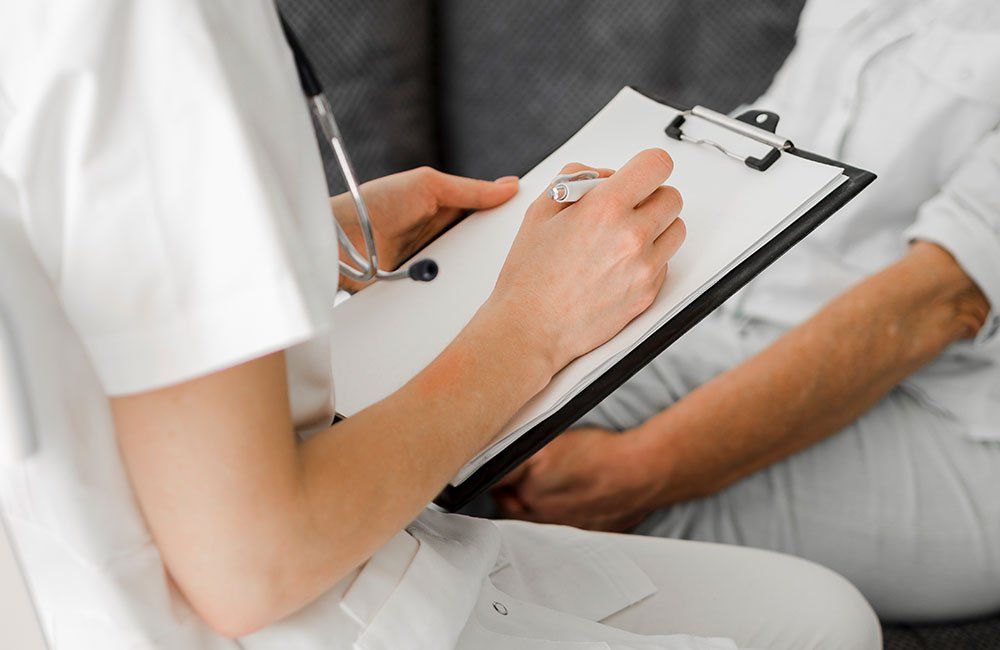Ipswich Digestive Health Group
Prior to your Colonoscopy
Learn More
Important Information Prior to Colonoscopy
Prior to colonoscopy, patients with any health issues, or who take regular medications, are assessed by a nurse, or in complicated cases by Dr. Holt or Dr. Kiel. This is to help to minimise any risks and assist with understanding of the preparation process.
Nurse assessments for open access patients occur through our rooms on Wednesday afternoons in Limestone street, or via St Andrew's hospital, if that is where your referral is directed by your general practitioner.
Medications
Most medications should be continued, as per normal, during your study. This is especially true for all blood pressure and heart medications. Take these right up to and including the day of the procedure take with a small amount of water. Those medications which may need to be altered are listed below:
You will be instructed by the nurse in regard to these at your pre-procedure assessment. If you are unsure, do not hesitate to contact us.
Learn More
Heart Problems
We will need to give you antibiotics during the colonoscopy for the following heart conditions:
- Prosthetic heart valves or severe valve disease
- History of endocarditis
- Surgically constructed shunts
Please inform us if you have a pacemaker. If you have an implanted defibrillator you should have your procedure in a major hospital. It may also be necessary to consult with your Cardiologist.
Recent Tests
You should not have a colonoscopy performed if you have had a barium enema or a barium meal in the last seven days. Please let us know if you have had these tests performed recently.




